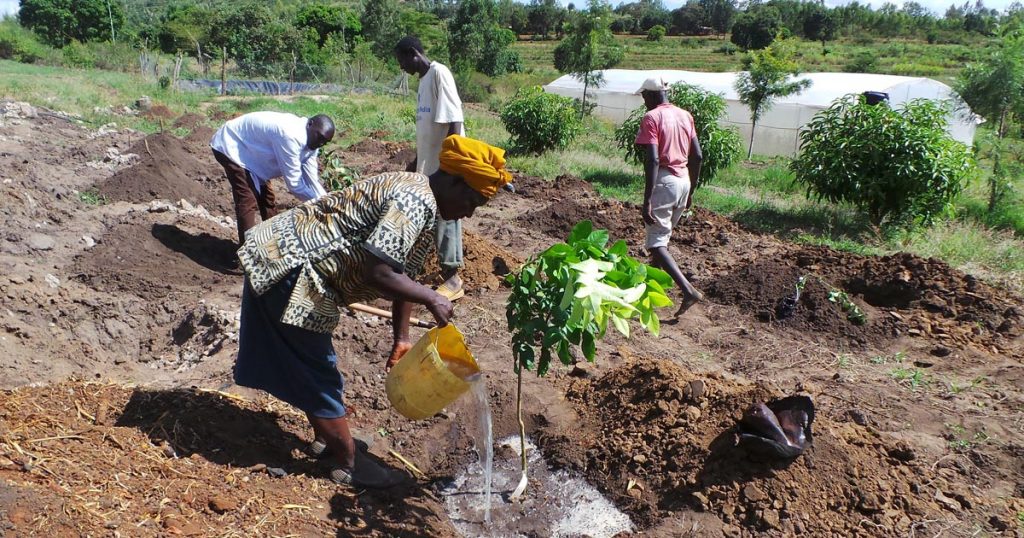Cultivating opportunities on African soil

Sustainable intensification of agricultural production on a global scale, especially in Africa, is necessary to ensure food security and nutrition. However, compared to temperate areas, agriculture in tropical regions faces severe inherent constraints such as low nutrient content, accelerated decomposition and loss of organic carbon, susceptibility to acidification, low nutrient retention, and low water holding capacity.
Under such circumstances, the efficiency of applied inorganic fertilizers is very low, leading to inadequate yield response and variable profitability per kilogram of fertilizer used within the same farm. Hence, we must identify ways to raise crop response rates effectively to apply nutrient resources under various soil and ecological conditions that African farmers face.


















